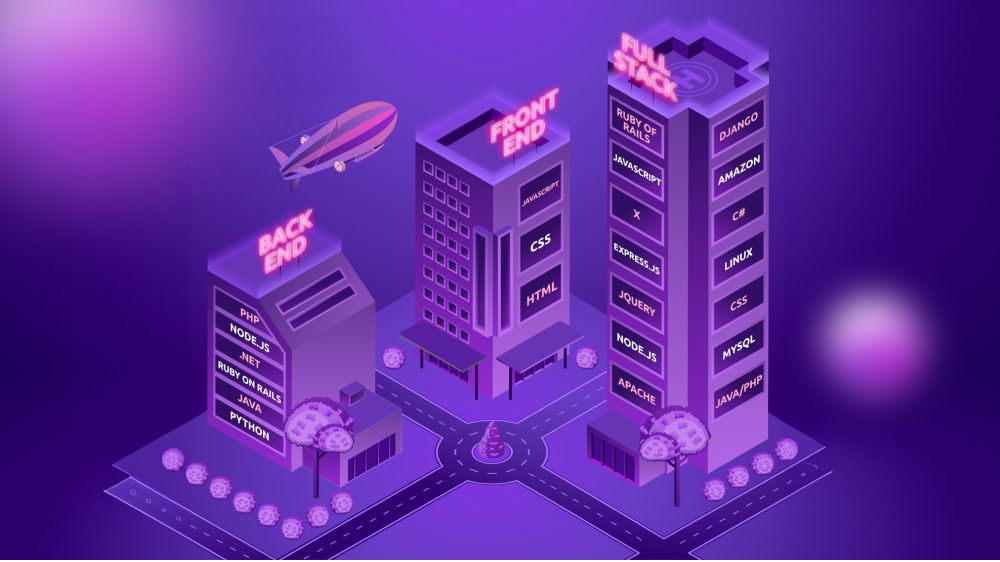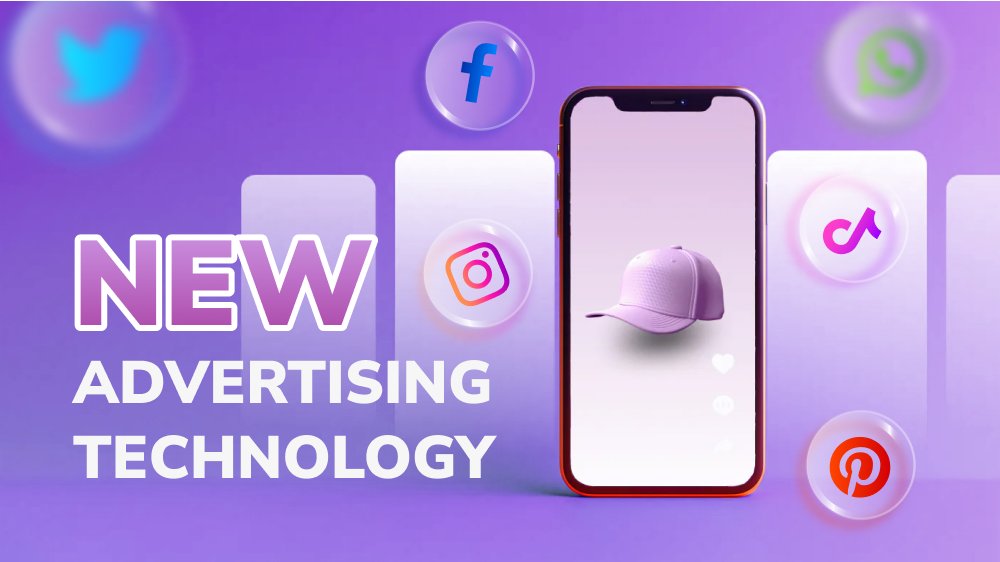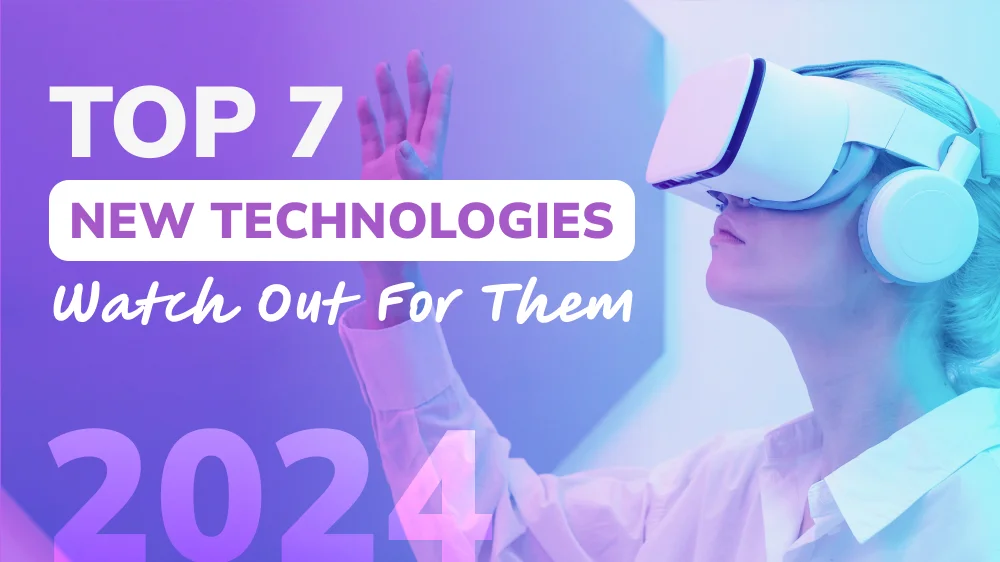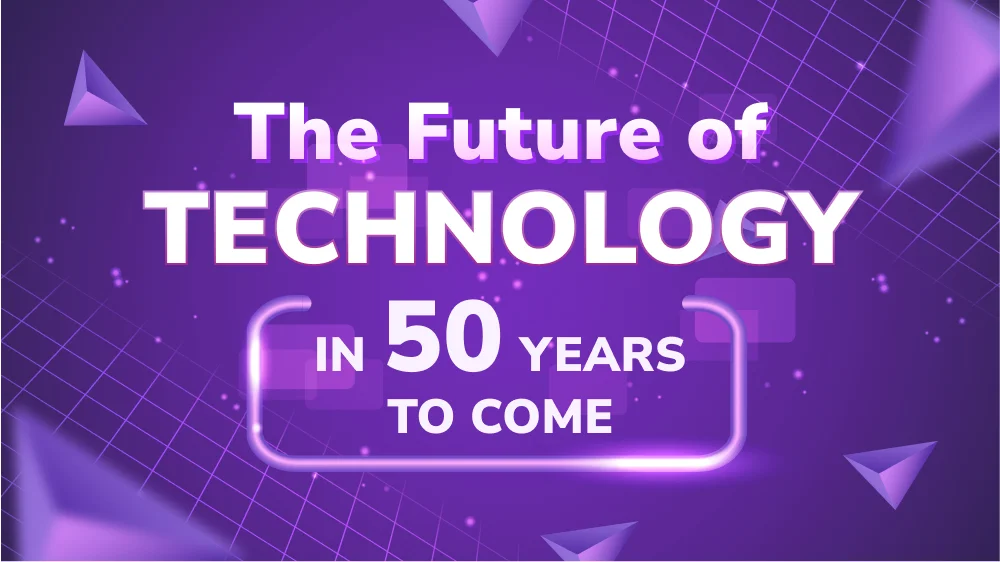Top eCommerce Technology Trends That Will Rule in the Upcoming Years
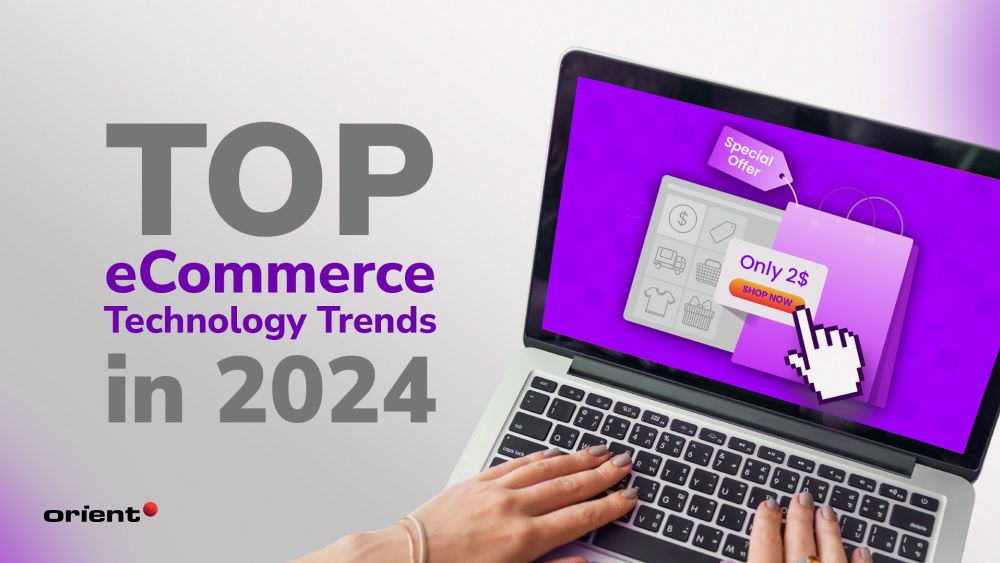
Content Map
More chaptersTechnology and advancement in the eCommerce industry are evolving rapidly. For your information, the current number of digital buyers worldwide is estimated to reach 2.64 billion by 2024, and it is forecasted to soon rise up to 2.77 billion in 2025.
With a sizeable number of consumers now preferring purchasing products online rather than from a physical store, it is imperative for brands to build an engaging web experience that convinces customers and helps them make thoughtful purchases.
We often come across certain new-age technologies which are now changing the dynamics of eCommerce. Every day, early adopters of such technologies experiment with them and make a case for their application in the industry.
As a result, numerous exciting new eCommerce technology trends continue to emerge in this space and completely transform the customer journey. This writing will help you somehow picture the landscape of online businesses and make predictions on emerging technologies that are likely to shine in 2024.
Intelligent Virtual Assistants

The world of eCommerce businesses is moving one significant stride towards personalization at an exponential rate. With so many customers engaging with brands, it becomes essential for online retail stores to build a more intimate relationship with them by catering to individual needs.
Artificial Intelligence, or AI, plays an integral role in the process of creating personalized customer experiences, and it will play a pivotal part in eCommerce. By leveraging AI and machine learning models, brands can analyze customer data collected from various touchpoints - including consumer preferences and buying behaviors - and extract valuable insights in order to create algorithms capable of catering to customer behavior at a personal level. In this technology-empowered approach, online stores take one step up in how they serve their prospects and returned customers on an online basis.
As AI technology is booming at an unstoppable pace, the role of AI-powered assistants in the e-commerce sector is becoming as clear and indispensable as daylight. These virtual sales agents will be able to handle routine customer interactions on an ecommerce website or an online store, such as providing product recommendations based on purchasing histories, answering FAQs, making personalized offerings, etc. By leveraging natural language processing (NLP), the virtual assistants can even engage in human-like conversations, making the entire shopping experience more conversational and interactive.
With giants in the domain, like Amazon, Google, and Apple, investing heavily in virtual assistant technology, we can expect a scenario in which every online store or e-commerce platform comes with a virtual assistant that can cater to every customer’s needs and provide a personalized customer experience for shopping online across channels, including mobile devices and voice search engines.
Augmented Reality (AR) & Virtual Reality (VR)

As eCommerce evolves towards more immersive experiences with the help of new technologies like AR and VR, we will see a more excellent fusion of the two. This integration will empower brands to change the way they engage with customers and enable them to use technology as a medium for providing more personalized shopping experiences.
The utilization of augmented reality in online shopping enables buyers to try on products (Such as clothes, shoes, or even makeup) virtually from the comfort of their own houses. For example, Google has already launched the ‘AR Beauty Try-On’ feature, where customers can try on various beauty products through their phone’s camera and see how they look on them before making online purchases.
Similarly, VR will have an impact on how brands display their products and tell their stories to prospects. By creating virtual showrooms and retail spaces, brands can offer a more interactive and engaging shopping experience to customers. This technology will especially be useful for e-commerce companies selling big-ticket items like furniture or appliances, as it will allow customers to visualize the products in their own homes before paying for anything.
Mobile Commerce

Short for mobile commerce, m-commerce is exactly the commercial transactions (Including the buying and selling activities) through mobile apps and smart devices. This form of e-commerce allows mobile users to shop online wherever they are or they want, even right on their favorite social media platforms, such as Instagram, Facebook, TikTok, etc. - called social commerce.
Mobile shopping is convenient, easy to use, and can take place anytime, anywhere; hence, it is no doubt one of the ecommerce tech trends of the future. Having a mobile app or optimized website for online retailers is no longer an option but rather a necessity in the current ecommerce market.
Statistics reveal that more than two-thirds of the world’s population - equivalent to 5.61 billion people - used smartphones and mobile devices in January 2024. The continued growth of mobile use for online sales and purchases is yet another reason why eCommerce brands should optimize their ecommerce sites for mobile commerce by adopting progressive web apps (PWAs) - web technologies that provide native app-like experience on mobile devices.
Logistics and Delivery Automation
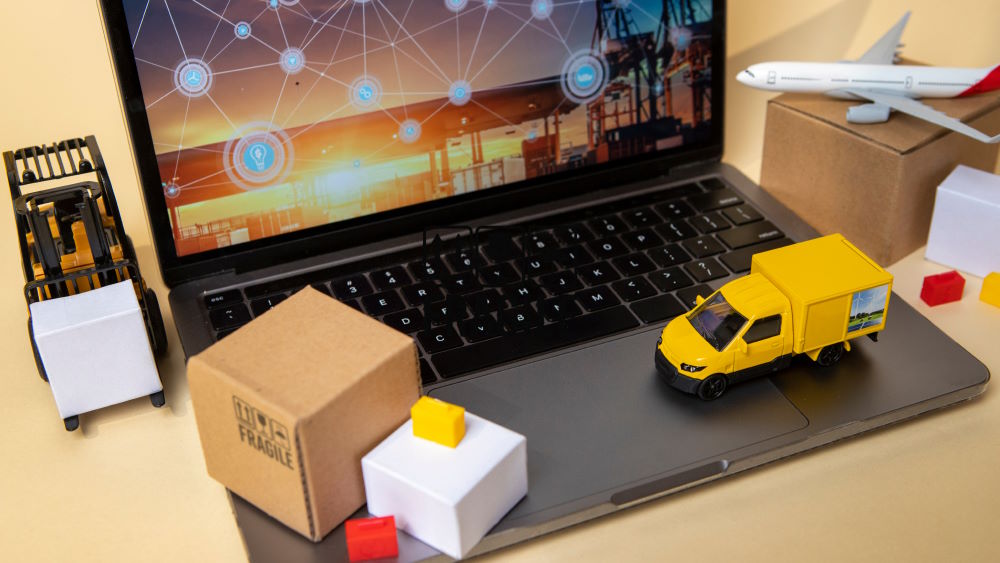
The revolution in e-commerce happens not only in the storefronts but also behind the scenes - by that, we mean the use of technologies in automating logistics and delivery processes as well as streamlining supply chain management and inventory management. Enterprise resource planning solutions, automated returns management systems, supply chain visibility software, and other tools alike are becoming more and more essential for an e-commerce company to streamline operations.
In addition, the rise of drones and warehouse automation technologies is set to revolutionize the delivery process and supply chain optimization. It makes ecommerce operations faster, cheaper, and more convenient for both customers and retailers. The shift towards automation will greatly contribute to the evolution of “electronic commerce.”
Diverse Payment Options
In order to build a thriving business, it is essential for brands to offer all alternative payment methods. This directly impacts their ability to attract a wider audience and make the overall online shopping experience more convenient.
Hence, we will see more e-commerce businesses going beyond traditional payment options such as credit cards and net banking. For instance, brands are now offering potential customers multiple payment options like PayPal, Alipay, Apple Pay, and others, allowing customers to select their preferred options.
Furthermore, digital wallets will become an integral part of the eCommerce industry in the years to come. A report by Transparency Market Research showed the global mobile wallet market has geographically expanded to Europe, Asia Pacific, North America, Latin America, the Middle East, and Africa, and it keeps on spreading out. The growth of Ewallet technology is expected to reach $3 trillion by 2024.
Awareness of E-commerce Security
Due to the growing complexity of threats associated with online transactions, security has become one of the biggest challenges businesses today face. While some brands are opting for more secure options like 3D Secure (3DS), others are leveraging blockchain technology to strengthen customer authentication.
For instance, PayPal partnered with Visa in 2016 to launch its token service - a form of payment authentication that uses a digital code instead of a 16-digit card number. This way, customers can make online payments without exposing their card details. This growing awareness has prompted more brands to adopt advanced security protocols, which will continue to evolve in the future.
Authentic Online Shopping Experience
One of the biggest reasons for the prominence of influencer marketing is that customers today prefer ‘authentic’ recommendations over traditional advertisements. Since these advertisements are usually based on assumptions, influence marketing is more likely to help brands connect with their target audience emotionally.
A prominent example is a collaboration between Amazon and Alibaba, which allows customers to buy products using voice commands. For example, customers can simply say, “Alexa, reorder toothpaste” or “Alibaba, I need shampoo,” without having to type anything in the search bar.
This collaboration is expected to thrive, and it will have a critical role in strengthening the eCommerce industry over the next few years. Brands will also look at innovative strategies like chatbots, which can help them deliver more personalized online shopping experiences.
With the rise of AI-driven tools leveraged in e-commerce businesses, the importance of genuine shopping experiences is likely to see an upward trend. Thus, AI adopters should pay attention to how they use AI to attract, engage, and interact with their target audience. Plus, e-commerce companies can invest more effort in cultivating real customer relationships and partnerships, which will help them drive higher conversions, boost ecommerce sales, and nurture customer loyalty.
Personal Approach to Marketing & Customer Satisfaction and Support
As mentioned earlier, brands are looking to adopt a more personal approach when it comes to building better customer relationship management. They want to provide a more human touch to all their digital interactions, which is why they are engaging in effective conversations with customers on social media.
Moreover, it is becoming increasingly essential for brands to deliver prompt customer support whenever required, whether it is in physical stores or during online transactions. This will play a major role in facilitating positive online shopping experiences and helping brands retain customers for a longer period of time. This is where technologies like chatbots can come in handy. By automating several customer support operations, businesses today are able to deliver faster resolutions to their client’s queries. This enables them to remain in touch with their customers throughout the entire buying cycle.
Voice Commerce
The rise of IoT technologies, like voice assistants and smart speakers, has opened the avenue for a form of online shopping that leverages voice commands through such devices to search for products and place orders. Voice commerce has become prominent for its hand-free operations as it can make the entire buying process more convenient and user-friendly.
For example, you can communicate with a virtual assistant (Alexa, Siri, Cortana) and say, “Find me the best deal for a 4k TV under $500,” and they will show you a list of available options from various sites so that you can choose one ecommerce store with the best price.
Livestream Commerce
In only the third quarter of 2023, 7.6 billion hours of live content were watched on various platforms. The tendency to consume live-streaming content has no sign of decline, but on the contrary, it keeps expanding. With 23% of global viewing time and 17% of all internet traffic on live streaming, the ecommerce technology trend of shopping via live events is creating a new market.
Also known as live shopping or live commerce, this method of marketing and selling products has a higher conversion rate (Up to 30%). Brands and e-commerce platforms can leverage live streams to demonstrate their products in real time to the target audiences, who often already have demands for the products being showcased.
At present, live shopping via social media platforms and dedicated streaming sites (Such as Taobao, TikTok, Instagram, Amazon, etc.) has indeed become a billion-dollar industry with tremendous growth potential. Based on demand forecasting, experts believe that livestream commerce is the future of e-commerce. Even popular e-com platforms like Amazon, eBay, Shopee, and Lazada have their live-streaming features to meet the demands of live commerce.
Furthermore, the social media platforms that enable live-streaming also provide features to set up a closed online store for the brands. In this way, people can purchase products directly while watching a live stream. Some prime examples are Facebook Shop, TikTok Shop, Instagram Shop, etc.
Conclusion
The next few years will surely bring a lot of changes when it comes to eCommerce technology trends. It’s exciting to think about how e-commerce technology is going to evolve in the coming years. However, it is hard to know which e-commerce trends are worth following and investing time in, so we’ve compiled this list of what will likely shape up as some key players.
With these predictions, we would like you to be prepared for how the eCommerce game may change in the future and be able to stay ahead of the curve. If you are on your way to building an e-commerce application of your own, then knowing what ecommerce trends are coming and how to include them in your project is key to success. In case you are lost in this process, Orient Software is here to help.
Who are we? Orient Software is a software outsourcing company based in Vietnam. It is not any company but a good one. We have been in business for almost two decades, and we are still contemporary in the IT industry. You have more than one good reason to trust us with your upcoming custom software development project, whether it is e-commerce, healthcare, fintech, mobile game, or any other sector. How about leaving us a message for further discussion today?

